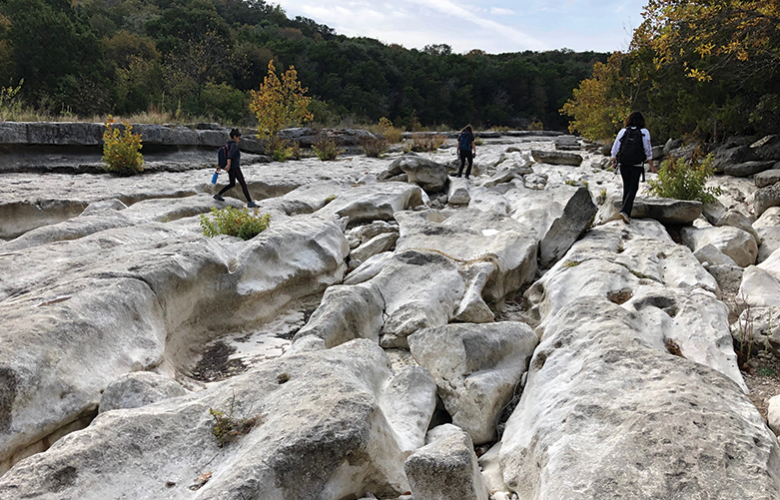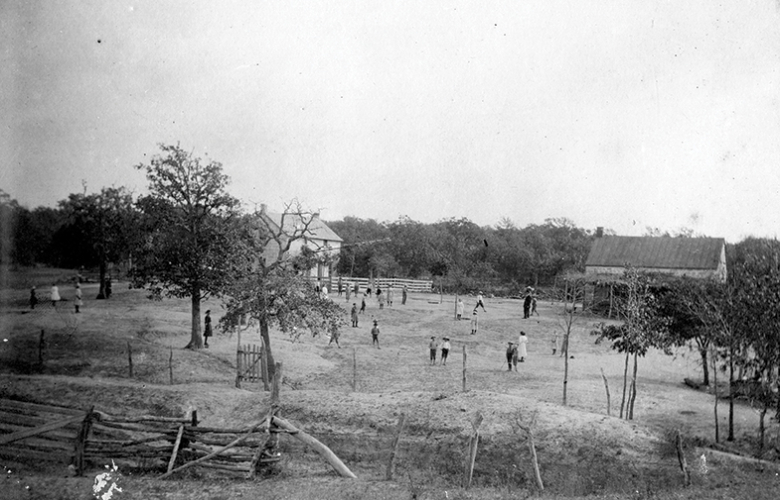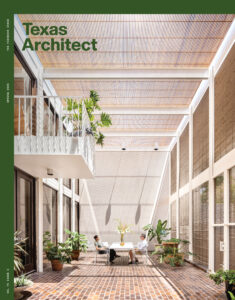Participate
I do not come from a political family. Politics was not a topic of conversation around the dinner table or at family gatherings. I learned the basics of our democracy from history classes and textbooks. I never participated in student elections and dismissed them as overblown popularity contests. When political parties came up in high school, the concept of dividing into factions struck me as silly and counterproductive.
In October 2000, my freshman year, Washington University in St. Louis hosted a presidential debate between then Texas Governor George W. Bush and his opponent, Vice President Al Gore. Only 150 students attended the debate, but it created a buzz on campus. I listened to classmates and dorm mates openly expressing their political viewpoints, and, for the first time, felt some excitement about the political process. I didn’t vote in the presidential election that year, though it was my first chance to do so. It’s a decision I still regret, but the experience caused a change in me. I began to explore my own values and political alignments.
Today, I know where I fall on the American political spectrum. I believe in the power and privilege of participation in our democracy. I want my voice and others’ to be heard. I recognize that there are few, if any, aspects of life that politics doesn’t influence. That influence extends to our careers as architects and our ability to practice as licensed professionals. The very reason the Texas Society of Architects exists is because a group of architects was concerned about legislation regulating its practice. Recognition of the value of our services has been a pursuit since the late 1880s and is an issue we are still fighting for today.
Much like my personal path toward political identity, my awareness of our organization’s political actions got off to a slow start. It wasn’t until I joined a TxA committee in 2013 that I started paying more attention. A few years on a committee and then as a board member brought further exposure. I attended my first Architects Day in 2017, after some goading from my business partner, former TxA President Michael Malone, FAIA. It was one of the many times in my life I admitted my assumptions had been wrong. I spent the day in the company of peers from across the state as we traveled through the depths of a building I had seen previously only as a tourist. We were welcomed into the office of my district’s legislative representative, and my district’s senator left the senate floor to exchange a few words with us. There were even some snake charmers in the open-air rotunda to entertain us. I felt inspired enough to purchase a souvenir from the gift shop, which I count as a sign of a good time.
I know I’m not the only one who has felt disconnected from politics or downright averse to it. I don’t care for the divisiveness and still wonder why we can’t all get along. That is one of the beautiful things about a professional organization, though. Each of the members I’ve met, and each friend I’ve made, falls somewhere different on the political spectrum. Our love of this profession is what connects us, and it is this shared mission that drives our advocacy efforts before the state legislature. The Texas Architects Committee is fighting for you and your practice. Contributions are determined based not on party affiliation but on how candidates and office-holders address our issues — such issues as the statute of repose, limitation of liabilities, and right to repair.
At the time of this writing, we are a few weeks into the legislative session. We don’t yet know everything we’re up against, but some of the same practice issues have already resurfaced. If you’re not current on TAC’s activities, I encourage you to take a look at the record. Read about the past triumphs and shortfalls of our legislative activities. It might surprise you just how close to home our activities hit. Our wins and losses directly impact Texas firms, their profitability, and the health, safety, and welfare of our communities. For those of you versed in TxA’s advocacy efforts who think we’re doing just fine without your help, let me tell you why this is not true. Last year, TAC fell short of its financial goal by 40 percent. We consistently fall behind the contractors and engineers when it comes to raising dollars, meaning that we hold less sway at the Capitol.
We can and should do better. I’m not asking you to block walk for a campaign or volunteer at the polls (though these are admirable gestures, by the way). I am asking you to visit the TAC website, join us for Architects Day, volunteer to be a bill reader — and, yes, give us some of your money. Ask yourself how the work of TAC is meaningful to you and decide if it’s worth your time, your outreach, and your dollars. Take it from a former non-believer who now believes whole-heartedly in her commitment to fighting for our profession!
Audrey Maxwell, AIA, is a principal at Malone Maxwell Dennehy Architects in Dallas, and the 2021 TxA president.
Also from this issue






